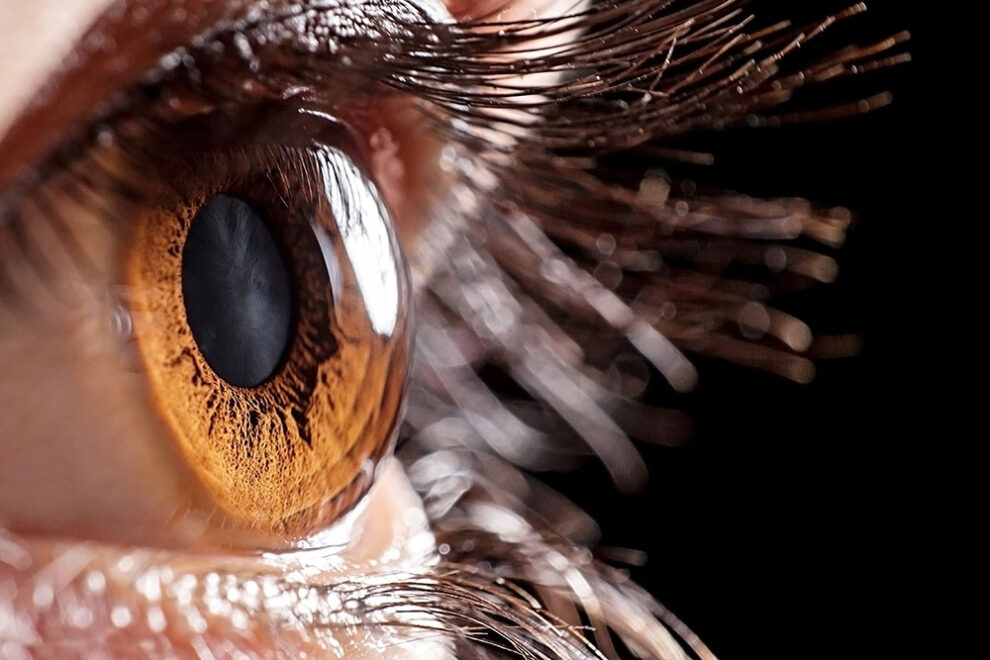
Your retina is vital to your eyesight. It is a thin layer of photoreceptive tissue at the back of your eye. It receives light and then sends it down your optic nerve to your brain. When your brain receives these signals, it converts them into the images you see.
The retina contains special photoreceptive cells called rods and cones. Rods handle your low-light and peripheral vision. Cones are sensitive to colors and give you fine detailed vision. Together these special cells convert light into the nerve impulses sent to your brain.
A healthy retina is essential for good vision but can be subject to various diseases. Retinal diseases can cause distorted vision, loss of peripheral vision, and even vision loss.
At Northern Utah Eye Center in Logan, UT, we are proud to offer our patients the most advanced and state-of-the-art technology. Our team of expert ophthalmologists is here to help, including diagnosing and treating the retina.
Retinal Diseases and Treatments
Many retinal disorders can lead to vision loss. Some of these include:
Many of these retina disorders are treatable. They can also cause vision loss.
Without proper, timely treatment, these issues can develop without you knowing and cause vision loss.
Panretinal Photocoagulation (PRP)
One way of treating conditions like diabetic retinopathy is with a laser procedure called panretinal photocoagulation. Panretinal photocoagulation can reduce the risk of vision loss.
Panretinal photocoagulation is a laser treatment applied to the peripheral retina inside the eye. After numbing the eye, Dr. Karren will use a bright light to apply the laser treatment to your eye, with you sitting upright with your head placed in a special device, or they will have you lying back in the treatment chair.
You may feel slight pressure or see bright flashes of light during treatment. Panretinal photocoagulation takes about 15 minutes to perform.
Panretinal photocoagulation is not intended to improve your vision. It will, however, reduce the risk of severe vision loss. You may require multiple laser treatments to control the progression of diabetic retinopathy.
Focal Laser Surgery

Another laser procedure you may undergo is focal laser surgery. You may have this procedure if you have macular edema, meaning there is swelling of the retina’s center. Macular edema often occurs due to diabetic retinopathy and age-related macular degeneration.
During focal laser treatment, Dr. Karren will seal off any abnormal blood vessels in the eye with the heat generated by the laser. The laser vaporizes fluid as tissues in the retina get thinner.
You’ll receive numbing eye drops or anesthetic to reduce discomfort before dilating your eye. A contact lens is placed on the cornea to keep your eye in place.
You’ll sit at a machine with your forehead against the headrest. Your chin will rest in the chin rest, and you’ll see flashes of light as the laser is pointed at blood vessels in your retina. Most patients need more than one treatment in each eye, with the next scheduled a few weeks later.
Laser Retinopexy
Patients with retinal tears may need to undergo a procedure called laser retinopexy. Laser retinopexy is a laser procedure performed in-office at Northern Utah Eye Center.
If untreated, retinal tears can lead to retinal detachment and vision loss. Laser retinopexy effectively closes the tear in your retina.
The procedure uses a thermal laser to pass through the eye and create scar tissue around the retinal tear. The new scar tissue helps keep the tear from expanding further.
It also prevents fluid from entering the tear and the onset of progressive retinal detachment. During the procedure, you’ll be sitting upright or reclined before having a topical anesthetic applied to the surface of your eye.
After your eyes are numb, Dr. Karren will apply the laser treatment, which can take about 1-6 minutes to complete. How long it takes to complete the procedure depends on the tear’s extent and the number of retinal tears.
Retina Injections
Some retina conditions require intravitreal injections injected right into the eye and done under topical anesthesia. Intravitreal injections can treat the following conditions:
At Northern Utah Eye Center, Dr. Karren uses the following intravitreal injections:
These are all anti-VEGF medications. These medications block a chemical called VEGF that’s necessary to create abnormal blood vessels in the eye for conditions like diabetic retinopathy or age-related macular degeneration, among others.
Anti-VEGF medications like Avastin, Lucentis, Eyelea, and Vabysmo block the production of VEGF. By blocking the production of VEGF, these injections can help slow down the growth of new abnormal blood vessels and slow down vision loss.
During an intravitreal injection, Dr. Karren will begin by numbing your eye to prevent pain. He will pass a thin needle through the white part of the eye to inject the medication. Patients may need to return for injections over many months.
Diagnosing Retinal Diseases
The best way to diagnose any eye condition is to have regular eye exams. These routine appointments help your eye doctor know if your eyes are healthy.
They can monitor your eyes and notice if anything suddenly seems off. During an eye exam, among other things, they will examine your retina.
If they notice any issues, they can perform further tests to diagnose any problems or rule certain conditions out. They will also perform these tests if you approach them with symptoms that may indicate retinal issues.
Your eye doctor may perform any number of tests to diagnose a problem with your retina. These tests can include:
They will also do a thorough review of your medical history. This review will include your personal and family history.
Be sure to report all medication and health issues to your eye doctor. Some diseases, including hypertension, can cause or exacerbate retinal diseases.
Regular eye exams allow your eye doctor to ensure that any conditions you may have are under control. Annual or bi-annual appointments are especially crucial for patients with diabetes or macular degeneration.
Do you need to treat a retinal condition? Request an appointment at Northern Utah Eye Center in Logan, UT, today!
